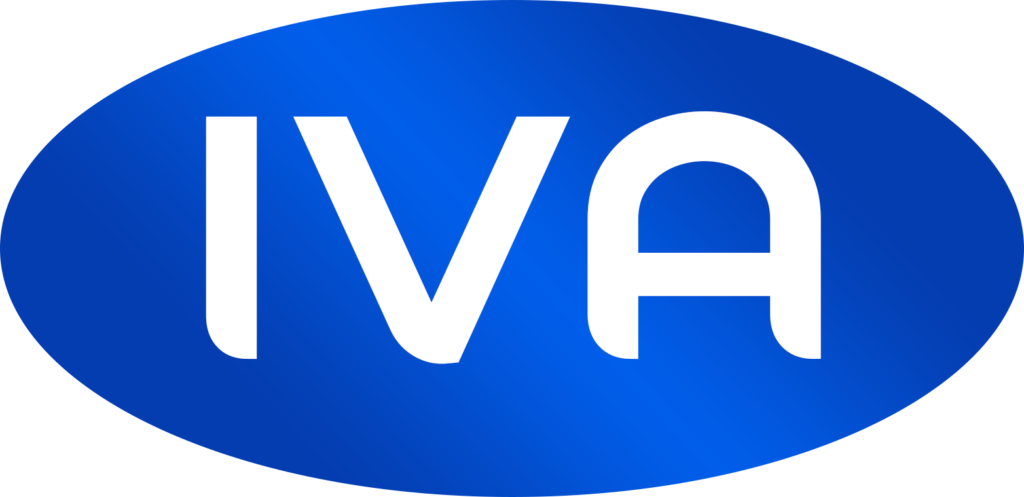Bankruptcy in the UK: A Comprehensive Guide for Individuals
Declaring bankruptcy is a significant financial decision that can provide relief for those overwhelmed by debt. In the UK, bankruptcy offers a structured way to address unmanageable financial obligations while giving individuals the opportunity to start fresh. This comprehensive guide will walk you through the process, eligibility criteria, implications, and key considerations for declaring bankruptcy in the UK.
What is Bankruptcy?
Bankruptcy is a legal process initiated when an individual cannot repay their debts. It provides protection from creditors and involves the sale of assets to pay off as much debt as possible. Remaining debts are usually written off, offering the individual a clean financial slate. The process is regulated by the Insolvency Act 1986 and overseen by the Insolvency Service.
Who Can Apply for Bankruptcy?
Anyone residing in England, Wales, or Northern Ireland can apply for bankruptcy if they meet the following conditions:
- Inability to Pay Debts: You must be unable to repay your debts as they fall due.
- Debt Threshold: There is no minimum debt requirement for Bankruptcy ; however, alternative options like a Debt Relief Order (DRO) may be more suitable for smaller debts.
- Age Requirement: You must be at least 18 years old to apply.
Note: In Scotland, the process is called Sequestration and follows different rules.
How to Apply for Bankruptcy in the UK
Declaring Bankruptcy involves several steps. Here’s a breakdown:
- Seek Financial Advice: Before proceeding, consult a debt advisor or insolvency practitioner. Free advice is available from organisations like StepChange, Citizens Advice, or the MoneyHelper service.
- Complete the Application: Applications are submitted online via the Insolvency Service’s website. The form will require detailed financial information, including:
- List of assets(e.g., property, vehicles, savings)
- Total debts and creditors
- Monthly income and expenses
- Pay the Fee: Bankruptcy application fees total £680, which can be paid in instalments.
- Await Adjudication: Once submitted, the application is reviewed by an adjudicator. If approved, you will receive a Bankruptcy Order.
What Happens After Declaring Bankruptcy?
Once a Bankruptcy Order is issued:
- Official Receiver Appointment: An Official Receiver is appointed to manage your Bankruptcy . They assess your financial situation and oversee the sale of assets.
- Asset Liquidation: Non-essential assets may be sold to repay creditors. Essential items like basic furniture and tools of your trade are typically exempt.
- Income Payments: If you have disposable income, you may be required to make payments for up to three years under an Income Payment Agreement (IPA).
- Debt Discharge: Most debts are written off after 12 months, although some debts like student loans, court fines, and child support are excluded.
Advantages of Bankruptcy
- Debt Relief: Most debts are cleared, allowing you to rebuild financially.
- Creditor Protection: Creditors can no longer contact or harass you for payments.
- Fresh Start: Bankruptcy provides an opportunity to reset your finances.
Disadvantages of Bankruptcy
- Asset Loss: Non-essential assets may be sold to repay debts.
- Credit Impact: Bankruptcy stays on your credit file for six years, affecting your ability to borrow.
- Public Record: Bankruptcy is listed on the Individual Insolvency Register, which is publicly accessible.
- Employment Restrictions: Certain professions may restrict individuals who are bankrupt.
Alternatives to Bankruptcy
Before deciding on bankruptcy, consider these alternatives:
A legally binding agreement to repay creditors over time.
Debt Relief Order (DRO): Suitable for those with minimal assets and debts under £30,000.
Debt Management Plan (DMP): An informal arrangement to repay debts at an affordable rate.
Consolidation Loans: Combine multiple debts into one manageable payment.
FAQs About Bankruptcy in the UK
- Q: Can I keep my home if I declare bankruptcy?
A: It depends. If there is equity in your home, it may be sold to repay debts. However, the Official Receiver may delay this action to accommodate dependents. - Q: Will my employer know about my bankruptcy?
A: Generally, no. However, certain professions require disclosure. - Q: Can I travel abroad after declaring bankruptcy?
A: You can travel, but you may need permission from the Official Receiver.
Rebuilding Your Financial Future
Bankruptcy is not the end — it’s a new beginning. After discharge, focus on rebuilding your credit score, budgeting effectively, and seeking professional advice to avoid future financial pitfalls.
For personalised assistance, our team of experts is here to guide you through the process. Contact us today for a free consultation and take the first step toward financial freedom.
Need Help?
Our private company specialises in UK debt solutions, including bankruptcy support. Reach out to us to learn more about how we can assist you in navigating your financial challenges.
#DebtRelief #IVA #BankruptcyHelp #UKCitizens #PensionersFinance #RetireesSupport #SelfEmployedSupport #FinancialFreedom #ApplyForIVA #DebtFreeJourney #DebtSolutions #FinancialStability #OvercomingDebt #AssetProtection #BankruptcySupport

